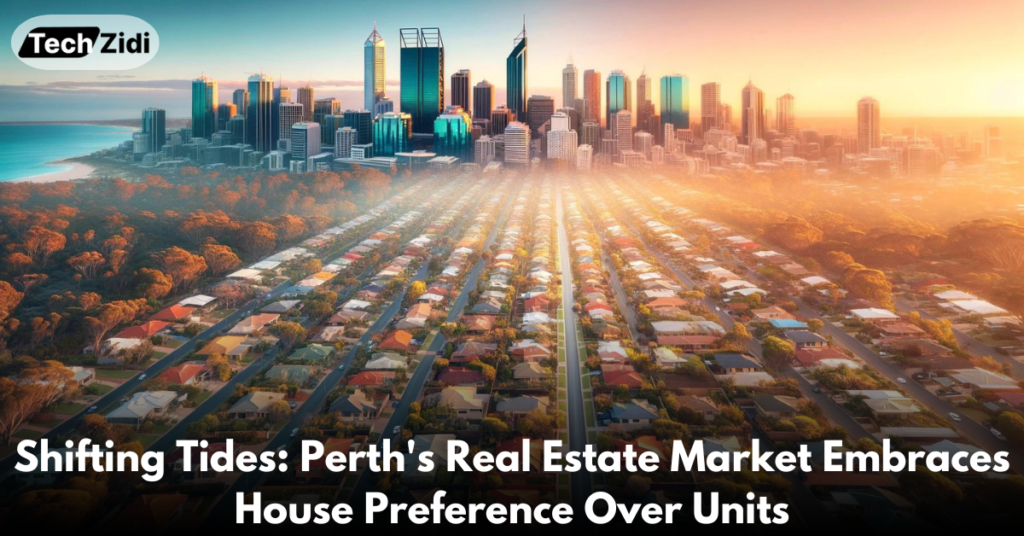Shifting Tides: Perth’s Real Estate Market Embraces House Preference Over Units
Home prices are skyrocketing in comparison to apartment prices in Perth’s real estate market, which is experiencing a significant shift in property preferences. Changing lifestyles, working from home, and activities that take place at home are the primary drivers of this change. A larger societal shift toward prioritizing lifestyle over traditional urban convenience has been reflected in the rise in the house premium in Perth, which has increased from 16.7 to 45.2 as a result of the pandemic.
Perth’s Urban Transformation Driven by Space Preference
The collective yearning for space, which has been amplified by the global health crisis, is the primary driver behind this urban transformation. It is the primary driver behind this urban transformation. Perth’s residents are reevaluating their living spaces as a result of the pandemic, which has introduced the concept of remote work and increased activities that take place at home. One of the factors that has contributed to the widening gap between house and unit values is the limited availability of land in highly desirable suburbs. The market dynamics in Perth are distinctive, with median values reaching $850,000 and $430,000, respectively. This makes Perth stand out from other cities.
Perth’s Housing Market Dynamics
The market’s vibrancy is evident in Perth’s diverse population, with 69 house sales and 615 unit sales over the past 12 months. Houses spend an average of 20 days on the market, while units spend 33 days. The growing population and shifting demographics, including a dominant age group of 20-39 years, drive the demand for houses, seeking both space and community. The implications of this shift extend beyond current market trends. As demand for larger living spaces continues to outpace that for units, the rental markets are also experiencing ripple effects. Unit rents witness higher increases than those for houses, potentially signaling a future uptick in demand for smaller dwellings.



